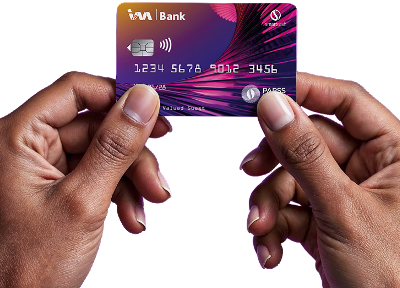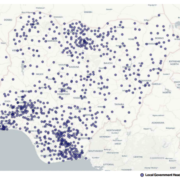The National Identity Management Commission (NIMC) is set to introduce an upgraded National Identity card with features tailored for electronic payments and social services.
RELATED: FG approves memos for integration of National ID with debit card; automated system for NIN-SIM linkage
This new initiative, powered by Afrigo card, a domestic card scheme established by the Central Bank of Nigeria (CBN), aims to facilitate domestic transactions within Nigeria similar to existing debit cards.
Through a collaborative effort involving NIMC, CBN, and the Nigeria Inter-bank Settlement System (NIBSS), cardholders will gain access to government and private social services, along with the ability to conduct transactions. These enhancements complement the primary function of the card, which is to provide digital identification.
Kayode Adegoke, Head of Corporate Communications at NIMC, highlighted that the new national ID card will feature verifiable National Identity elements, in accordance with the NIMC Act No. 23 of 2007, which mandates the enrollment and issuance of a multipurpose card to Nigerians and legal residents.
Adegoke stated, “The card, meeting ICAO standards, is designed to serve as the country’s primary national identity card. Moreover, cardholders can leverage their cards as debit or prepaid cards by linking them to their preferred bank accounts.”
He further emphasized that the initiative aims to address the need for physical identification, promote financial inclusion, and encourage greater involvement in national development initiatives.
Access to the card will be limited to registered citizens and legal residents possessing the National Identification Number (NIN), NIMC reiterated, underscoring its commitment to data protection and adherence to international data security standards to safeguard users’ personal information.
Nigeria had originally planned to work with MasterCard for a pilot scheme that would allow its national ID cards to also function as debit cards. In this new deal largely powered by local institutions, the government plans to issue over 100 millions cards in the first phase of deployment.





























